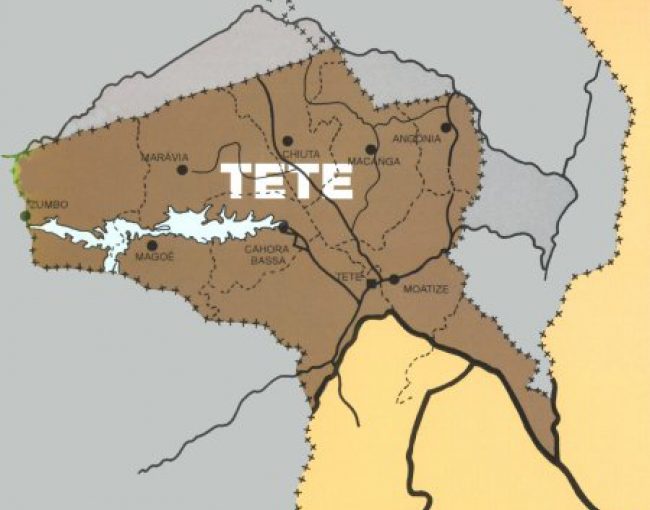5:59 CAT | 10 Aug 2018

Criminal gangs linked to senior Frelimo figures and Chinese companies are ignoring the law and stripping Tete province of high value timber, according to an excellent investigative article by Raul Senda in Savana (20 July). All cutting and collecting of three key species – Nkula, Pau Ferro and Mondzo – was banned and export of three other species – Chanfuta, Umbila and Jambire – was banned on 29 March by Land, Envirroment and Rural Development Minister Celso Correia.
But Senda found this was being ignored in Tete. The warehouse of Ching Chong Madeira in the village Cantina de Oliveira, Maravia, is just 500 metres for the natural resources control post which all lorries pass, but on 11 July Senda found banned hardwoods cut so recently that they were still oozing sap.
He notes that timber companies have very high level links. For example, Tete forestry concessions are held by Frelimo’s veterans association (Associação dos Combatentes da Luta Armada de Libertação Nacional, ACLLN) and the Ministry of Defence company, Monte Binga.
Bribes to public servants and law enforcement have been the key to hiding the scheme. The going bribery rate is apparently 1,000 meticais ($17) per log.
In a linked investigation, Zitamar (20 July) pointed to a trick used by provincial officials to allow cutting of Nkula, one of the rarest trees. Zitamar found that last year the provincial government had allowed nine Chinese companies to collect already cut but abandoned Nkula – but with little check so that cutting continued. Indeed, Zitamar found cutting of Nkula in Macanga continuing on 9 July.
Zitamar points to the lack of prosecutions in Tete. Indeed, it appears that the only prosecution was done by Malawi when Mozambican and Chinese loggers strayed across the border – and there was a campaign in Mozambique to free the men.
When questioned by Savana and Zitamar, provincial officials simply denied that illegal logging was taking place.
By Joseph Hanlon
Source: News reports & clippings
Sem comentários:
Enviar um comentário